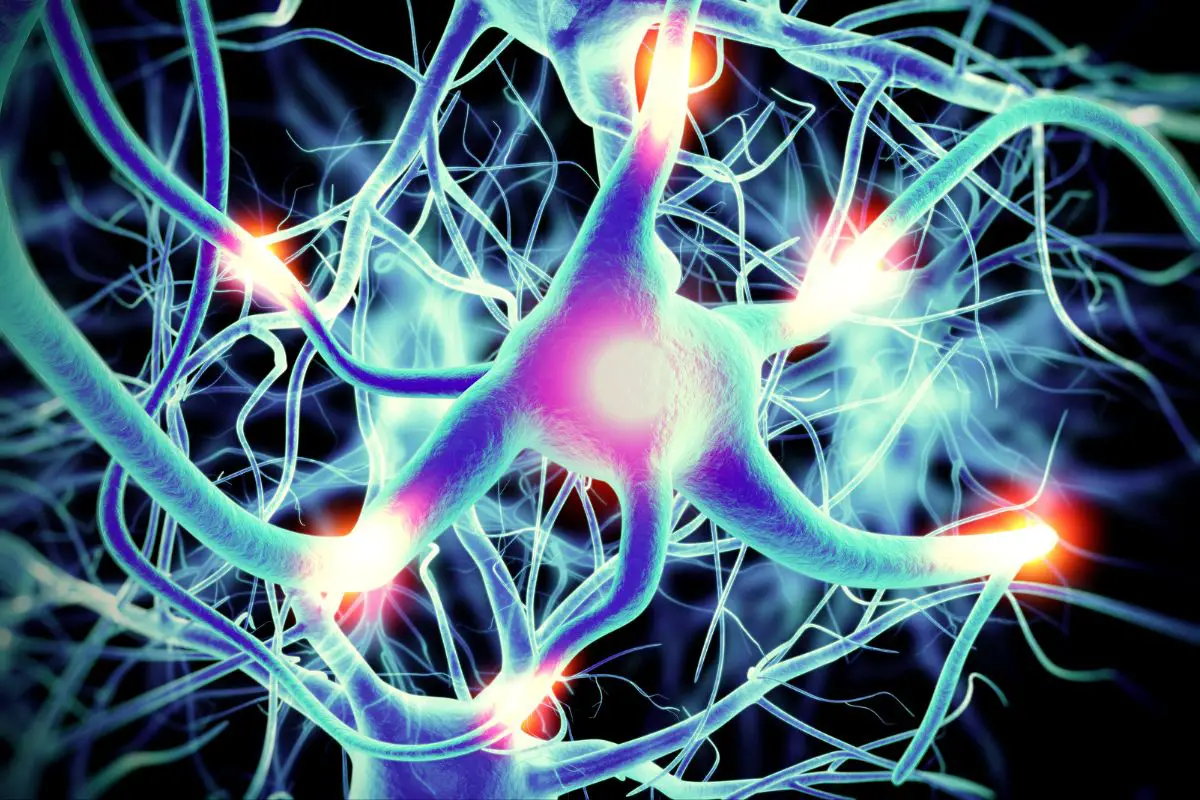Most consumed, unregulated, and most popular is the best way to describe coffee and its stimulant caffeine. A lot of people all around the world consume caffeine without even knowing it. There’s some caffeine in sodas, and it is the active ingredient in both coffee and energy drinks. Some people know, and that is why they take the drinks with caffeine because they want to experience its effects. Many people don’t know caffeine in some of the things they consume, like coffee, sodas, tea, energy drinks, some medications, and even chocolates.

Different studies have been taken to understand how caffeine is beneficial and detrimental when they are in the regular food and drinks that we carry. However, in most cases, overconsumption of these drinks and food would aggravate the effects of caffeine and make it detrimental to our health. Apart from overconsuming these food substances and beverages, some medications have high caffeine content, like medications meant to treat migraines and headaches. For some people, the use of these medications can pose a great deal of risk to their health and total well-being. One of the things excessive and unregulated consumption of caffeine cause is Nerve damage. It, however, takes a very long time before this can be noticed or diagnosed because it’s not one of the popular symptoms of excessive caffeine intake.
Degree and Frequency of Caffeine Toxicity
“The Nutrition Concepts and Controversies” recorded that 3,343 caffeine poisoning was reported to the “American Association of Poison Control Centre” in 2009.
One thousand two hundred forty-nine of the total recorded cases in 2009 were children less than six years of age. This poisoning happens in their bodies because of their small body and not-so-well-developed body systems that we cannot correctly burn and metabolize the caffeine they consume. They were unable to remove the caffeine in their body, which led to poisoning.
The symptoms of this toxicity that caffeine causes include
- Adrenal failure because this one of the active sites of caffeine in the body.
- Seizures
- Heart failure and;
- Sometimes it could lead to death when all these symptoms are aggravated and are happening at the same time
The results also didn’t address other factors like gender or race altering the results.
Unhealthy Dosage of Caffeine
Infants and adolescents should generally stay away from caffeine. But in adults, the unsafe amount of caffeine is around 150 to 200 kg. It has been proven that taking caffeine between 7 and 10 kg can lead to death in adults. But in children, taking up to 78mg can cause toxicity and some other severe damage to their body. The Food and Drug Administration in the United States reduced caffeine as readily available drugs to a maximum amount of 200 mg. You would often find caffeine in mediations that promote alertness, pain killers, and drugs that aid diet.
Symptoms of Toxicity in the Body
Generally, caffeine acts as a stimulant on the Central Nervous System and then having JTS effects in the heart, thyroid and adrenal glands, and kidneys. It also affects some neurotransmitters and hormones in the body. But this can only occur when you’ve had a particular amount of dose.
I love to liken it to playing a game where different challenges occur at different stages. So to varying doses of caffeine, you start developing other symptoms. For example, when you’ve consumed caffeine between 85 mg and 200mg, caffeine does the primary reason people take it: to reduce fatigue and make them more alert, accompanied by an effortless flow of thought. When you’ve consumed a total dose of caffeine between 250 mg to 500 mg according to “Functional Biochemistry in Health and Disease,” you start getting some undesirable effects like
- Being Nervous
- Being Restless
- Sudden tiredness and fatigue
- Tremors and;
- Insomnia
When you continue to take too much caffeine, it takes you to the next stage, and the challenges get more complicated. In terms of your body, you start developing.
- Adrenal failure because caffeine acts on the adrenal glands to produce more adrenaline hormone that boosts alertness. When over-consume caffeine, adrenaline is overproduced.
- Seizures from your brain not working correctly because of the continuous alteration by caffeine.
- Problems of the heart and cardiovascular issues
There are also aggravated effects for people who are addicted to caffeine.
Caffeine Consumption and Never Damage
There are different ways in which caffeine can lead to nerve damage in the body. One way it works is to block the hormone in the body that lets us start resting and unwinding. Because caffeine stops the effect of the chemical adenosine in the brain, in the process of doing this, it reduces the rate of blood flow to your brain, which eventually leads to neuron damage. The symptoms of damage to the neurons in the brain are experienced and sudden dizziness, seizures, and seizures. One other thing you’d experience is losing the fine-motor coordination you usually have in Your hands.
Caffeine, when used right, is suitable for depleting the stored fats in your body. So it can be seen as a depleting agent, but it doesn’t stop there. It can also speed up the depletion of some vitamins in the body, like the B type Vitamins, which help maintain nerves and conductance.
Overconsumption of caffeine can make your head, arms, legs numb and tingle. To combat these symptoms, you should reduce your caffeine intake and then consider supplementing with Vitamins B.